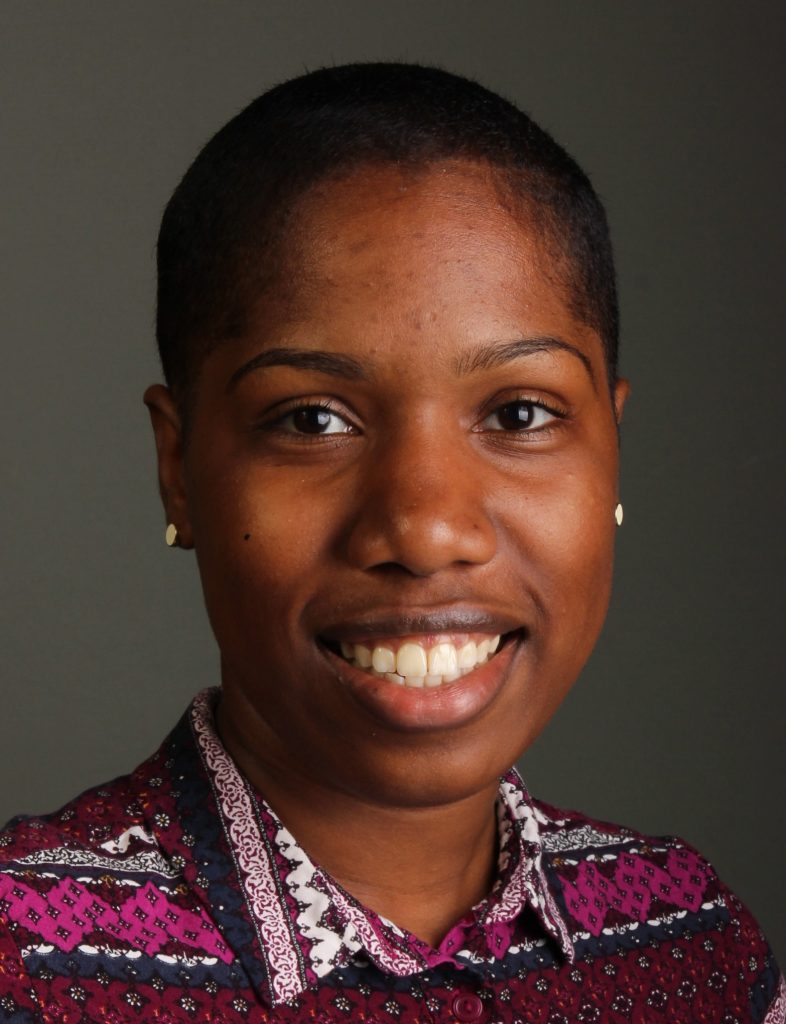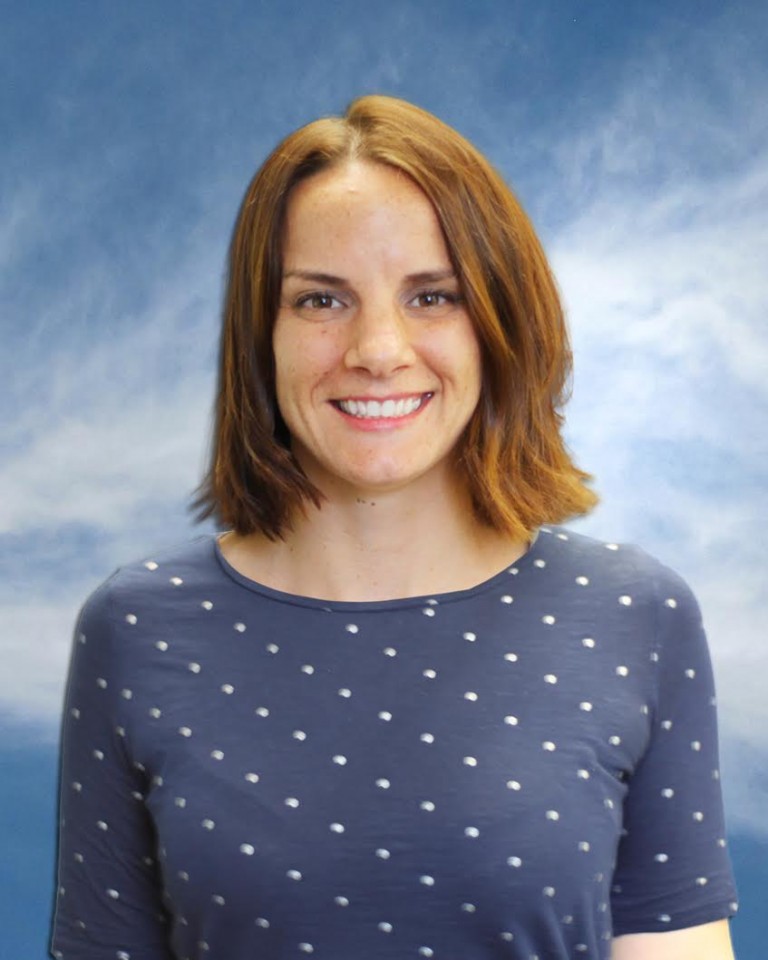Name: Kristina Perrelli
School: University of Rhode Island
Program:
Education
Type:
Doctoral
Current employer: Currently, I am the Director of New Student
Programs and part-time faculty at my institution.
What do you love about working there?
I have most enjoyed
collaborating with colleagues and students. I have had opportunities to partner
with faculty on research and writing, which has helped me develop as a scholar.
I have worked with colleagues on many projects, including a professional
development course on social justice for administrators. Students at my
institution have gifted me so many learning opportunities that have impacted my
teaching and that ways I work and show up in spaces as a student affairs practitioner.
How do you like to spend your free time?
I spend most of my free
time with my partner and three children. We like to explore our home state of
Rhode Island and to travel. If I have a free hour, I will most likely do some
kind of physical exercise or go for a walk. Time outside and exercise are
important to my overall well-being. I love reading for fun and to continue
learning about all the topics that are exciting to me.
What is your favorite grad school course/experience and why?
I have had so many! My
most favorite course experience was an independent study centered on teaching.
I engaged in daily reflection while teaching a graduate course in my field. I
reflected on my expectations for the experience, what happened in the
classroom, and the strengths and challenges I experienced while preparing for
and teaching the course. With support from a faculty mentor who is an excellent
teacher, I had many learning moments. It helped shape the processes and lenses
that continue to inform my teaching.
Who/what inspired you to get involved in higher education?
As a first-generation
college student, I was the first in my family to navigate the structures and
systems of higher education. The challenges and successes I experienced inside
and outside the classroom during my undergraduate years led me to the field of
student affairs. When making decisions about my career after college, I knew I
wanted to help students navigate college.
What is the most valuable lesson you have learned in your
career (so far)?
So far, it is the value
of cultivating community. I found the doctoral experience to be isolating at
times. I have experienced similar isolation in work spaces. For me, community
is built from feeling supported and working to support others. Identifying what
supports feels like for me and then cultivating supportive relationships and
spaces has proven essential to my ability to move forward in my scholarship and
work.
What is on your Higher Ed bucket list?
I hope to someday support
and mentor graduate students. So much of my experience has been shaped by
others. I feel lucky to have mentoring relationships built on care and mutual
respect. I want to continue that tradition.
What advice would you offer to those who are starting to search for grad programs?
I recommend doing what you can to learn about the culture of grad programs of interest to you. Think about the environment you want to learn in and ask questions that help you discern whether you will find that environment in a program. For me, those questions were: What are the mentoring philosophies of program faculty? How is social justice integrated into curriculum and teaching? Does the program create opportunities to engage in meaningful ways with students, faculty, and other scholars in my field? Am I able to take courses from other disciplines if this program does not offer content integral to my scholarship or interests? I also recommend talking with current and former students about their experiences. Ask what they like about the program and how the program can improve.



